When it comes to global health, there is no off season. This summer, Rutgers faculty, students, and staff have been involved in diverse projects that address health inequities, both in the U.S. and internationally.


When it comes to global health, there is no off season. This summer, Rutgers faculty, students, and staff have been involved in diverse projects that address health inequities, both in the U.S. and internationally.

Socially disadvantaged children and those from minority backgrounds are less likely to receive services before 36 months of age, a Rutgers study finds.
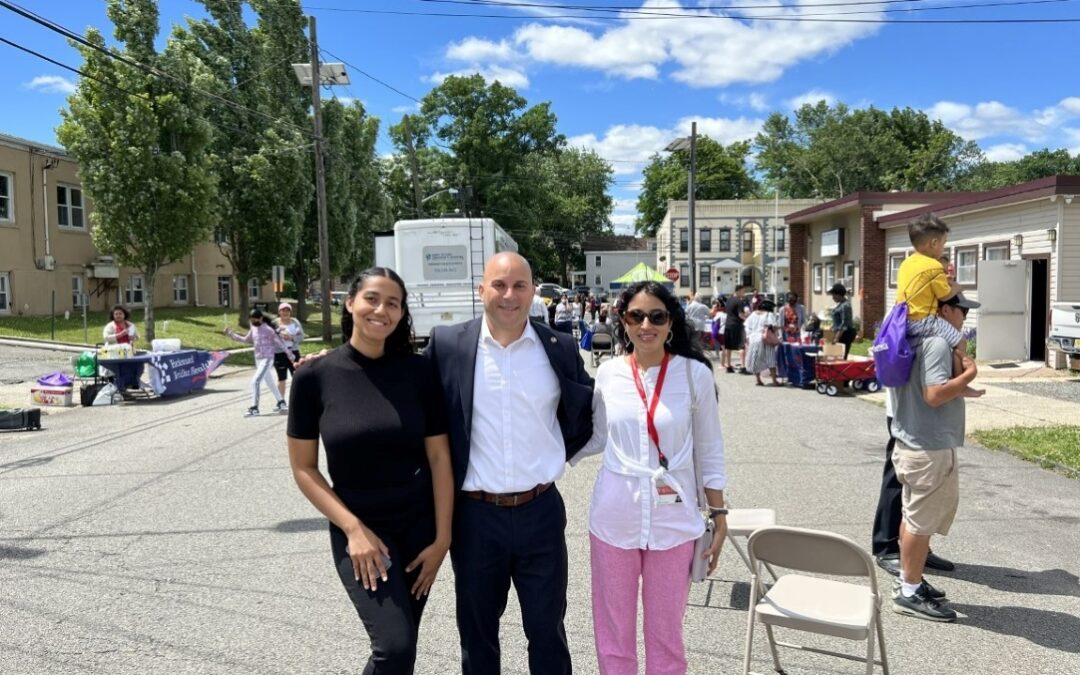
Rutgers Global Health Institute has been organizing community-based health fairs in Newark, New Brunswick, Perth Amboy, and Trenton in collaboration with local partners.

Funded by Global Health Seed Grants, five faculty-led efforts will address disparities related to postpartum mental health, diseases of poverty, child feeding in farming communities, racial stigma in hospital care, and intimate partner violence.
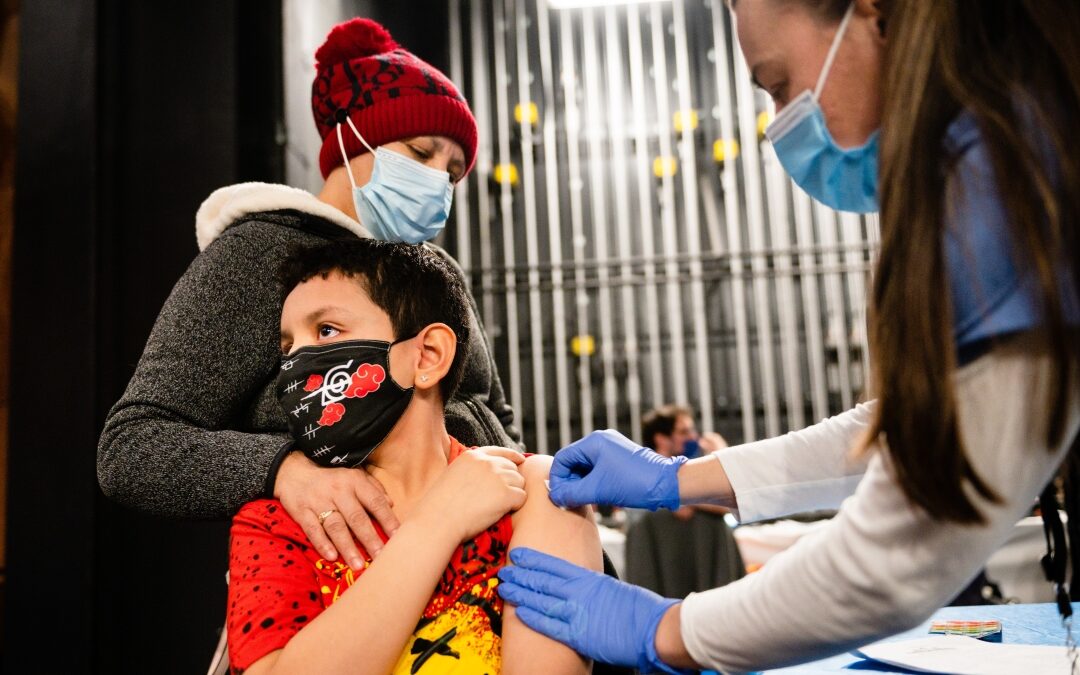
A grant from the New Jersey Department of Health is supporting the expansion of Rutgers Global Health Institute’s Equitable Recovery program. Efforts are underway to help underserved communities in Essex, Mercer, and Middlesex counties offer residents accessible COVID-19 vaccination and testing.
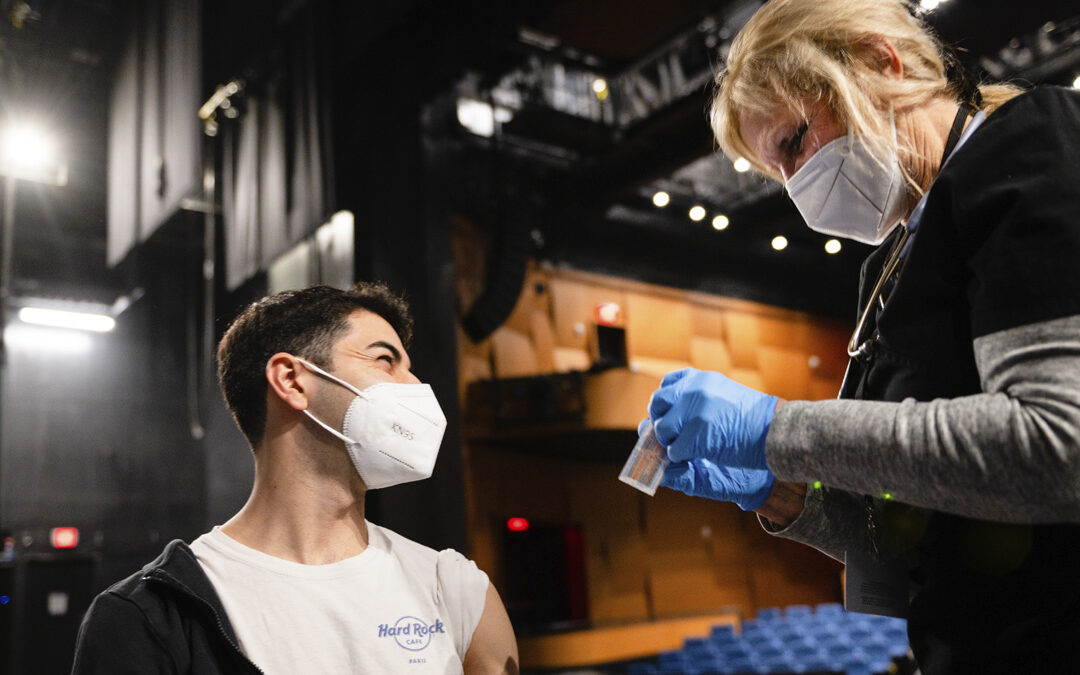
COVID-19 testing and vaccination clinics at the New Brunswick Performing Arts Center, where the ballet is a member company, are part of Rutgers Global Health Institute’s Equitable Recovery program. The clinics, which are open to the public, helped the ballet’s dancers safely return to the studio and stage.

Rutgers undergrads majoring in social work are interning at New Brunswick social services organizations while also engaging in global health-oriented mentoring and education. This new internship program is a joint effort between the School of Social Work and Rutgers Global Health Institute.
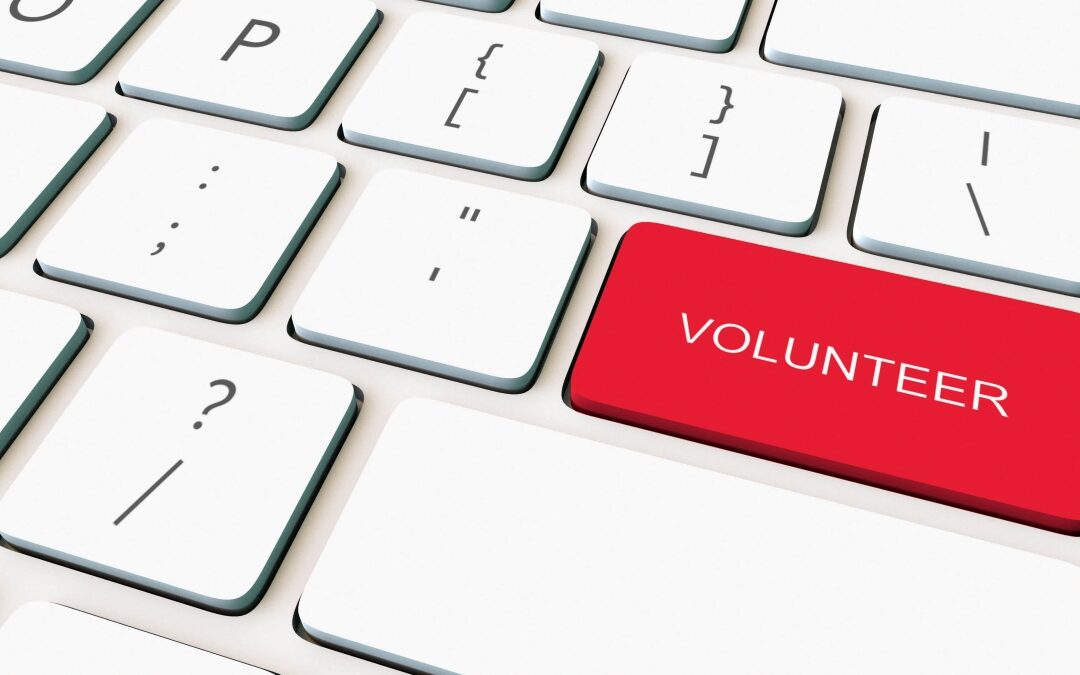
Rutgers students in clinical and non-clinical programs of study can volunteer to help with operations at the university’s on-campus vaccination clinic at the Ernest Mario School of Pharmacy in Piscataway.
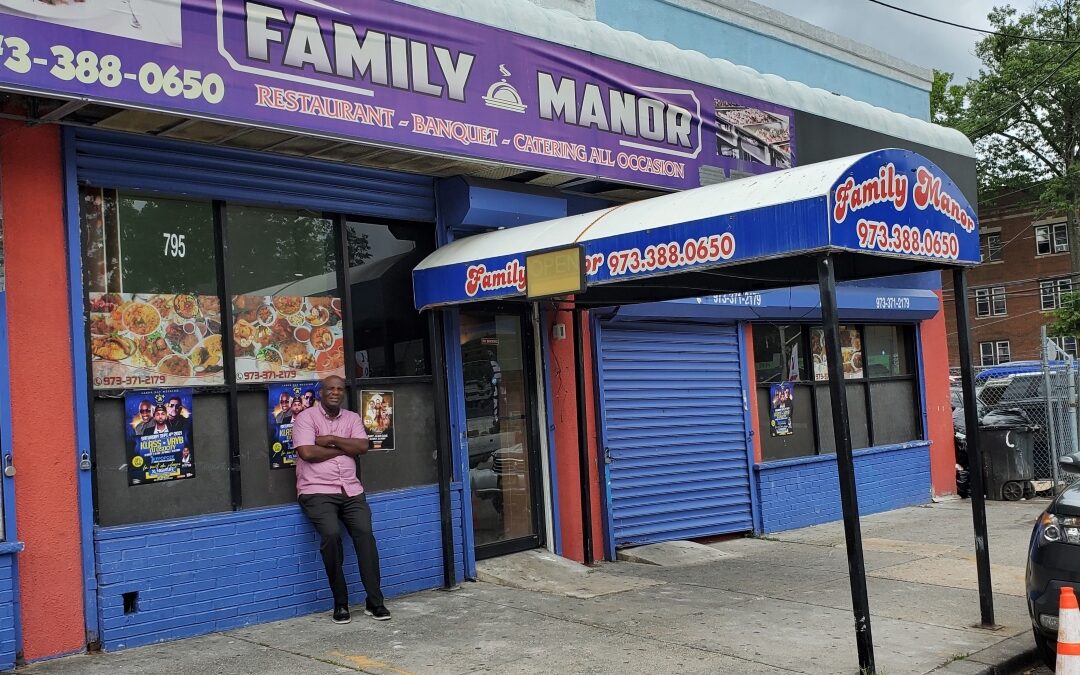
In underserved neighborhoods in the city’s South and West wards, small business owners and local leaders are voices for their communities. Their input and guidance inform the rollout of initiatives to improve vaccination rates and help communities build resilience—a top goal of the Equitable Recovery for New Jersey’s Small Businesses program.
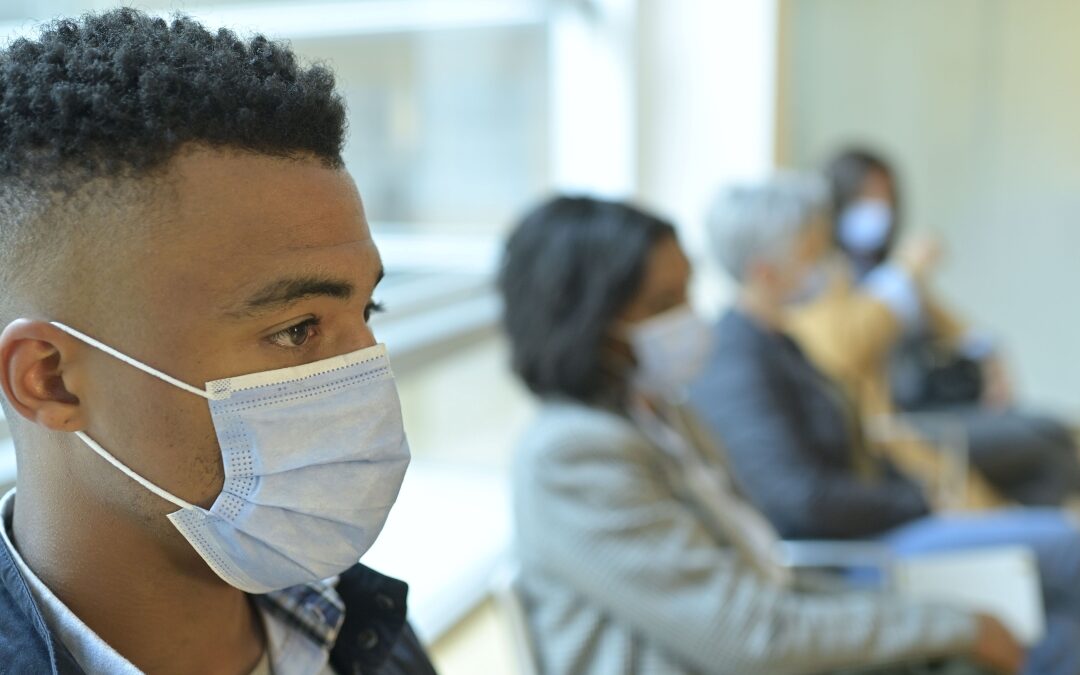
Institute director Richard Marlink discusses social determinants of health in this NJ.com story about the Commonwealth Fund’s new report, “Achieving Racial and Ethnic Equity in U.S. Health Care: A Scorecard of State Performance.”